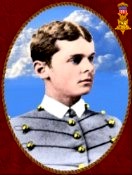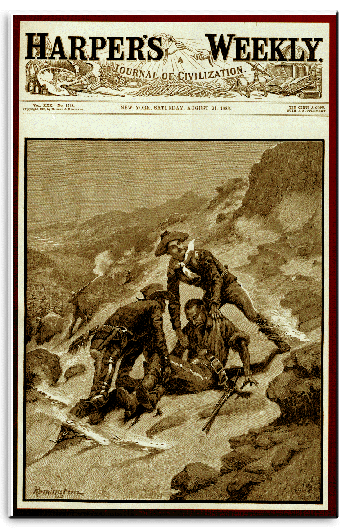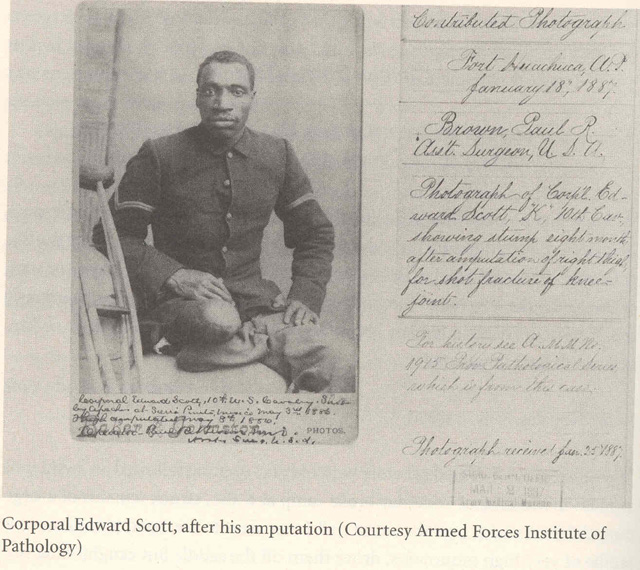10th (Horse) Cavalry Regiment
Powhatan Henry Clarke Cavalry Second Lieutenant, US Army Class of 1884
Appointed From Louisiana Born: October 09, 1862 at Alexandria, LA
Date/Place of MOH Action: May 03, 1886 - Pinito Mountains, Sonora, Mexico
Unit: 10th US Cavalry Presentation: March 12, 1891
Date of Death: July 21, 1893 Buried At: Calvary Cemetery - St. Louis, MO




My dear Mother...Our troop has been very highly complimented and the Captain is the hero of the hour. Do not tell me about the colored troops there is not a troop in the U.S. Army that I would trust my life to as quickly as this K troop of ours. I have seen them only once but it was in a place where a stampede would have meant massacre. The firing was at 200 yards from rocks nearly over our heads. No men could have been more determined and cooler than these same darkies were and as for their officers they like them and will risk themselves for them. The wounded Corporal has had to have his leg cut off, the ball that shattered it lodging in the other instep. This man rode seven miles without a groan, remarking to the Captin that he had seen forty men in one fight in a worse fix than he was. Such have I found the colored soldier."
